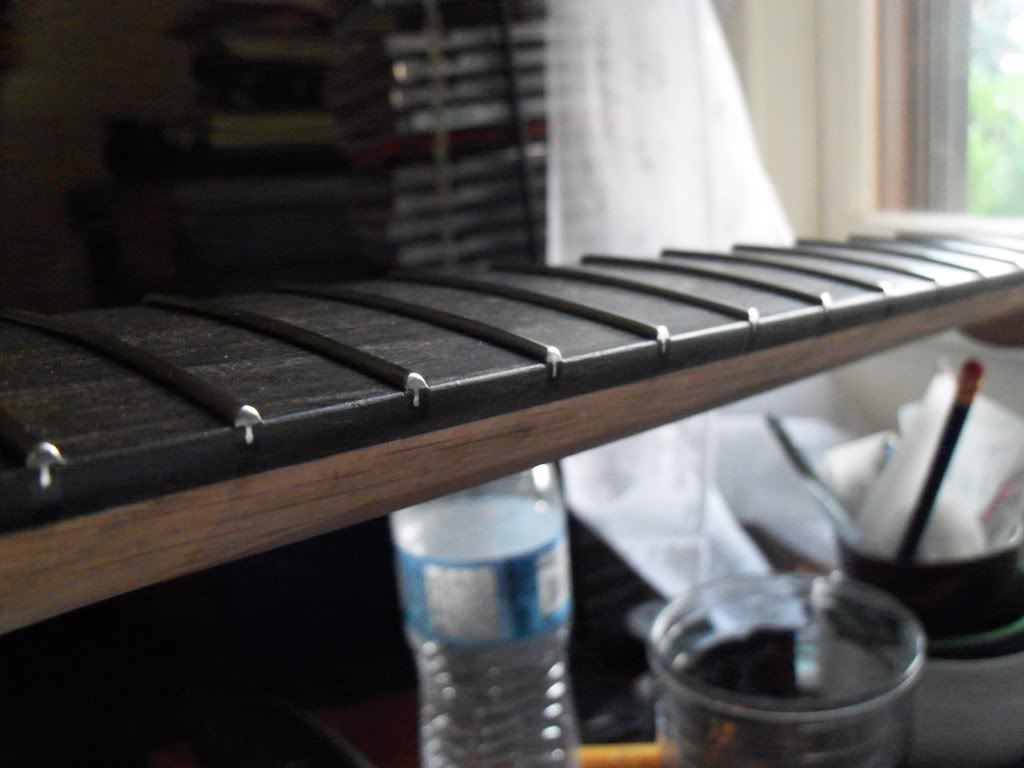Just FYI it will be cheaper buy something than make it. Especially if you got a job and worked for all the hours of research you would have put into making the bass, and that doesn't even account for making the instrument.
First of all, I doubt a bass like this even exists. when looking through everything, I have found the hardware (cheap stuff) to equal about 100 dollars. The fretboard will be about 60 from the places I have looked. The wood I doubt will be more than 200. So liberally, I am placing it at 500 or 600 dollars.
Or I could just save time and order it from Conklin for 3000 dollars with a year or so wait time (real time saver), and not get the pride of doing something myself or enjoy the quality time with my father (who I don't live with) and my grandfather (who I haven't talked to in damn near 10 years). Yeah, buying it makes sense.


